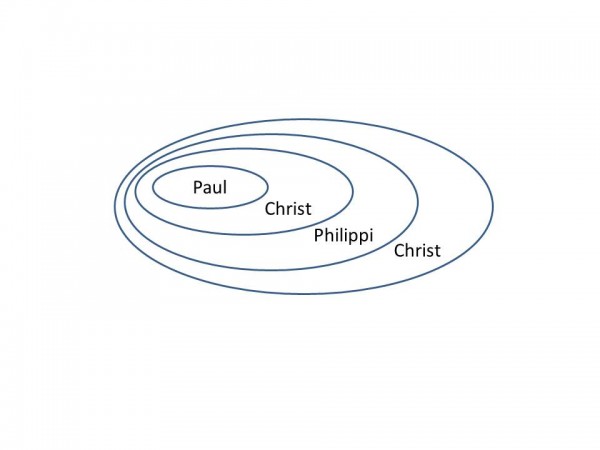The apostle Paul stood before the Roman governor, Festus, and proclaimed the truth of Jesus from the Old Testament scripture. Paul emphasized Jesus rising from the dead in order to be the light of the world. The response of Festus is not unfamiliar to many of us; the governor accused Paul of being “out of his mind” (Acts 26:24). Paul quickly replied that rather than being insane, his words were true and rational. Then, in a winsome turn to King Herod Agrippa I, who was listening to Paul alongside the governor, the great apostle declared, “For the king knows about these things, and to him I speak boldly. For I am persuaded that none of these things has escaped his notice, for this has not been done in a corner” (Acts 26:26).
This was a quite a strategic move by Paul. He appeals to the actual historical account of the death and resurrection of Jesus. Certainly the king of Judea knows of all that has happened in his time and in his region. When God acts, He acts in real history and real geography. Having brought the true account of Christ’s life, death, and resurrection to the forefront, Paul makes a critical connection. For, what a person does with facts concerning God’s working in this world of ours is of a life-or-death nature. King Agrippa must acknowledge the reality of the existence, death, and resurrection of Jesus Christ of Nazareth. Now, what He does with these facts will determine his eternal destiny.
Paul goes for the jugular next, so to speak, in the hope of the king’s conversion. Having established the historicity of Jesus’ life, the apostle now looks directly at the king and asks, “King Agrippa, do you believe the prophets? I know that you believe” (Acts 26:27). Paul is able to ask this question because he knows of the king’s loose connection with Judaism. As the Bible commentator Matthew Henry once wrote, “For everyone knew that Agrippa professed the Jews’ religion, as his fathers had done, and therefore both knew the writings of the prophets and gave credit to them.” The apostle appeals to Agrippa’s background and professed religious beliefs. As a Jew, how could the king discount the Old Testament prophets? Of course King Agrippa held to the tenets of the Old Testament scriptures; he could not deny the reality of Paul’s statement from a purely mental standpoint.
It catches us off guard that Paul says to an unsaved man, “I know that you believe.” Certainly, Agrippa was not a Christian. Despite the fact that he was in the line of wicked Herod’s and also was married to his own sister, Agrippa could have come to salvation. But he did not. He only believed.
What? Yes … he only believed. He only gave mental ascent to the facts of Jesus Christ and all the prophecies of the Old Testament that the Son of God had fulfilled. He only held these beliefs in his mind, as they could not be denied. He only read and knew the Bible verses to the point of head knowledge; never did he lay his life on the truth of Jesus.
We read in the very next verse of this “AGRIPPing” account (you can laugh there) these scary words, “And Agrippa said to Paul, ‘In a short time would you persuade me to be a Christian?” (Acts 26:28) There you have it. The king, although given a concise opportunity to connect the dots of true Christian faith, decided to reject honest salvation. He was willing to believe the facts with his mind, but He was not willing to give his life as a follower of Christ and be called – in the most genuine sense of the word – a “CHRISTian.”
Do you know the facts of the Bible and the life of Jesus? So do the demons and Satan. Read Matthew 8:29 and realize that demons acknowledge Jesus as the Son of God and even understand that He has an appointed time in the future when he will torment them for their wickedness. I guess that is why James says in chapter 2, verse 19, “You believe that God is one; you do well. Even the demons believe – and shudder!” But then James goes on to tell us that faith without works is dead. Head knowledge without life application is pointless in terms of our safety. We are damned if we only give mental ascent to the things of Jesus and His Word but do not stake our very lives on Him. To believe with your brain is one thing, to live with your heart is another.
Let the account of Paul and King Agrippa be an intense reminder for us. Answering the question, “Do you believe?” is not just a “yes” or “no” task. The answer needs to be more like, “I believe both with my mind AND my life.”
– By Shelli S. Prindle



